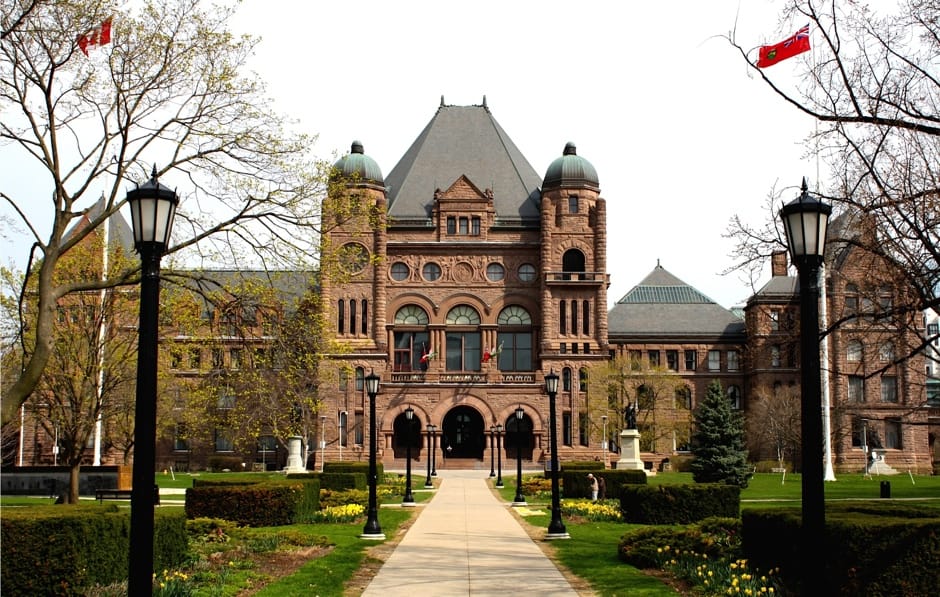The Ministry of Training, Colleges and Universities (TCU) has extended the Mental Health Innovation Fund (MHIF) by two years. The announcement took place on World Mental Health Day, October 10.
The MHIF is part of Ontario’s $257 million Open Minds, Healthy Minds strategy to improve the province’s mental health system. The fund provides $6 million annually for proposals from Ontario post-secondary institutions.
“Mental health services on our campus suffer from a shortage of funding, which is acutely felt in months-long wait times to access counsellors,” said Yolen Bollo-Kamara, University of Toronto Students’ Union (UTSU) president.
A number of the funded projects aim to improve access to accommodations for mental health disabilities. One of these projects, the Good2Talk service, is a helpline that provides postsecondary students with bilingual 24/7 access to professional counselling.
According to May Nazar, TCU media coordinator, Good2Talk was fully launched in October 2013, and provides support for more than 1,000 post-secondary students per month.
Another large funded project is the three-year, $1 million mental health support website developed by Queen’s University. The project aims to improve access to academic accommodations for students with mental health disabilities.
Other funded projects aim to improve the mental health of LGBT students on campus, as well as provide mental health first aid training to university staff and community members.
“Many projects are starting to show positive results, and the demand for services at colleges and universities continues to rise,” said Nazar, adding: “Staff and faculty at postsecondary institutions have seen a rapid increase in students presenting with mental health problems and this is being borne out in statistics that institutions collect and report to the Ministry.”
However, Nazar also said that, while 88 projects were submitted during the fund’s first two rounds, the ministry noticed that the needs of certain groups, including First Nations and Métis people, were not adequately addressed.
“There are high suicide and substance abuse rates among Aboriginal people,” Nazar said. She also noted that cultural health and well-being programs are seen to be most successful.
Bollo-Kamara said it was important to address the need for services for those with mental health or addictions issues who are transitioning into post-secondary studies from secondary studies.
“[A] high-stress environment without adequate support only serves to exacerbate mental illness. High tuition fees and mounting student debt affect mental health, as do policies like flat fees that force students to take more courses than they may be able to handle,” said Bollo-Kamara.
“Massive class sizes, lack of access to professors and [teaching assistants], and feeling like a ‘number’ can also have an impact,” she added.
Bollo-Kamara advocated a greater focus on preventative strategies to mitigate stress and promote mental health, and called on the university and provincial government to work proactively to address systemic issues.
Good2Talk can be contacted at 1-866-925-5454.


